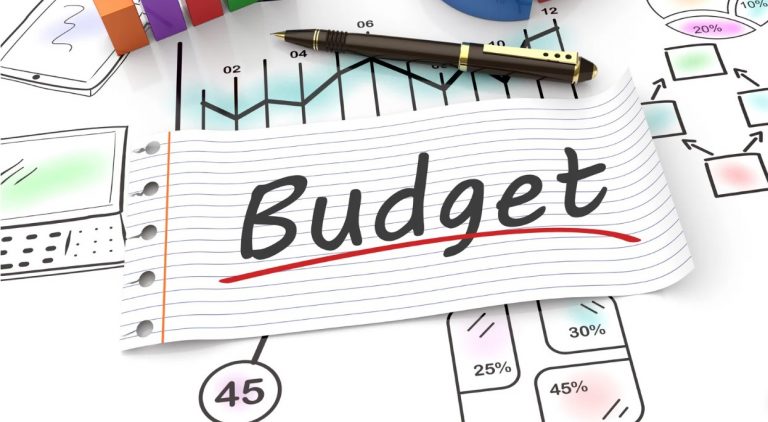Identifying and Addressing Gambling Addiction – Recognizing the Warning Signs
Gambling, for many, is a recreational activity. However, for some, what starts as occasional fun can escalate into a serious addiction, affecting both the individual and their loved ones. Recognizing the signs of gambling addiction early can lead to timely intervention and support. Here’s a guide on how to identify this often-concealed issue.
1. Preoccupation with Gambling
Someone with a gambling problem might frequently talk about gambling, relive past experiences, or plan future gambling ventures. They might be perpetually consumed with the thought of betting and winning.
2. Increasing Bet Amounts
Like many addictions, individuals may need to gamble with larger sums of money over time to achieve the desired thrill. If someone consistently ups their bets, it might be a cause for concern.
3. Repeated, Unsuccessful Efforts to Stop
A clear sign of addiction is the inability to reduce or quit gambling, even if the person acknowledges the problem and has a desire to stop.
4. Becoming Agitated When Trying to Cut Down
Withdrawal symptoms aren’t limited to substance abuse. A person with a gambling addiction may become restless or irritable when attempting to gamble less or quit altogether.
5. Gambling to Escape Issues
If someone is consistently using gambling as a way to distract themselves from personal problems or to alleviate feelings of helplessness, guilt, anxiety, or depression, it’s a red flag.
6. Chasing Losses
A person who keeps gambling in an attempt to recover lost money, often leading to even bigger losses, is displaying a classic sign of gambling addiction.
7. Lying about Gambling Activities
Someone struggling with gambling addiction might lie or downplay how much they gamble or how much money they’ve lost to family or friends.
8. Jeopardising Significant Relationships or Opportunities
If gambling leads to strained relationships, job loss, or missed opportunities, it’s indicative of a severe issue.
9. Relying on Others for Money
If an individual continually borrows or steals money to gamble or pay off gambling debts, it’s a telltale sign of addiction.
10. Loss of Control
An addict might bet more than intended, or for longer durations than planned, pointing to a lack of self-control in their gambling activities.
11. Desperation for Money
Sudden, unexplained financial hardships, coupled with a known history of gambling, can be a signal. This desperation might lead to acts like selling personal items or engaging in illegal activities to fund their gambling.
Recognizing gambling addiction is the first crucial step toward seeking help. If you or someone you know is showing these signs, it’s essential to approach the situation with empathy and understanding. Several organizations and helplines offer support and counseling for gambling addiction. Remember, there’s no shame in seeking assistance – everyone deserves a chance at a healthy, balanced life.


